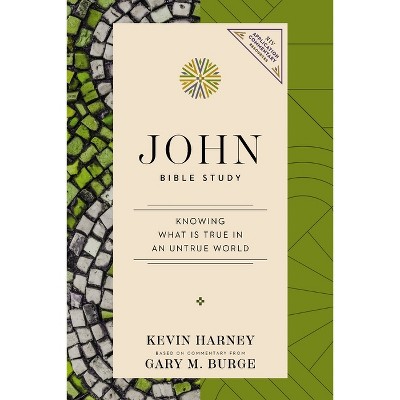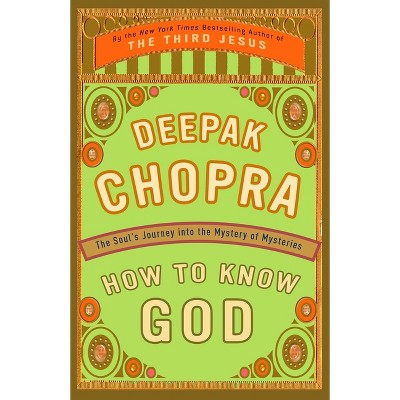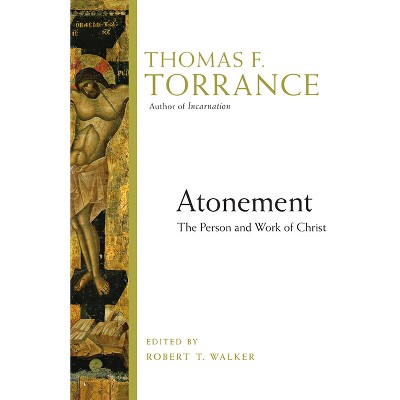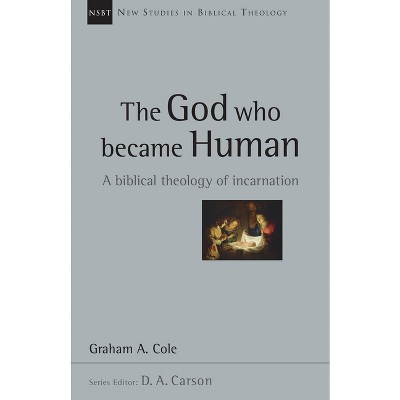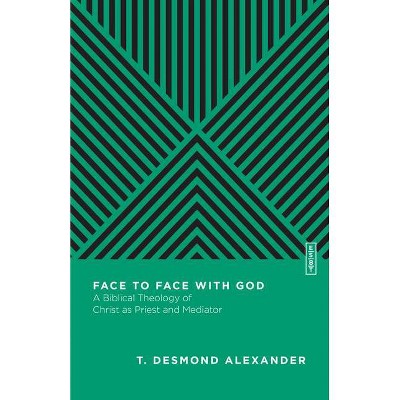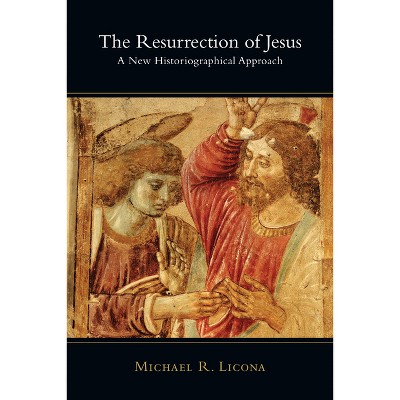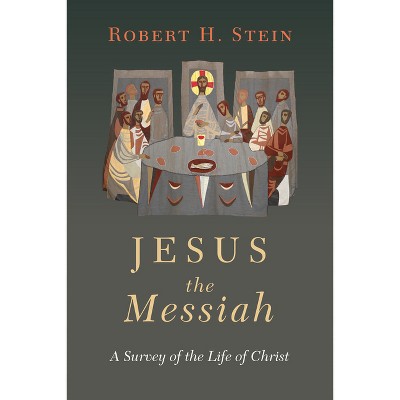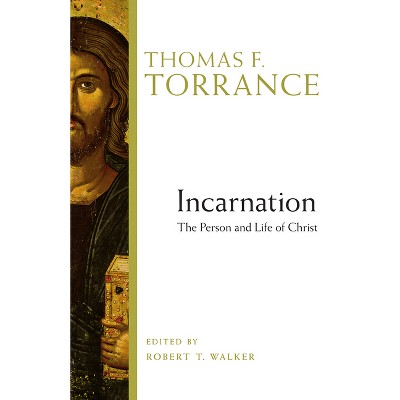Sponsored

Approaching the Atonement - by Oliver D Crisp (Paperback)
In Stock
Sponsored
About this item
Highlights
- In many ways, the death of Jesus Christ on the cross stands at the heart of the Christian faith.But how should we understand the theological significance of Christ's death?
- About the Author: Oliver D. Crisp (PhD, University of London, DLitt, University of Aberdeen) is professor of analytic theology at the University of St. Andrews.
- 208 Pages
- Religion + Beliefs, Christian Theology
Description
About the Book
Theologian Oliver Crisp explores the meaning of the cross and the various ways that the death of Jesus has been interpreted in the church's history--from ransom theory in the early church to penal substitutionary theory to more recent feminist critiques. What emerges is a more complex, expansive, and fruitful understanding of the atonement and its significance for the Christian faith today.
Book Synopsis
In many ways, the death of Jesus Christ on the cross stands at the heart of the Christian faith.
But how should we understand the theological significance of Christ's death? Should we limit our doctrine of the atonement to the cross, or is Christ's work more expansive than that? How should we account for the violence of this event?
Theologian Oliver Crisp explores such questions around the meaning of the cross and the various ways that the death of Jesus has been interpreted in the church's history--from ransom theory in the early church to penal substitutionary theory to more recent feminist critiques. What emerges from this study is a more complex, expansive, and fruitful understanding of the atonement and its significance for the Christian faith today.
Review Quotes
"Approaching the Atonement does many things very well. It provides a surefooted, historically and theologically informed survey of the doctrine of the atonement. It does so while engaging both creatively and critically with the classic models of the atonement. Moreover, it advances new and helpful frameworks for understanding the atonement and for addressing important objections raised in connection with the doctrine. Throughout, Professor Crisp displays a combination of clarity and rigor that is as characteristic of his work as it is generally rare in academic writing."
--Steven R. Guthrie, professor of theology/religion and the arts, Belmont UniversityAbout the Author
Oliver D. Crisp (PhD, University of London, DLitt, University of Aberdeen) is professor of analytic theology at the University of St. Andrews. He is the author of several books, including Analyzing Doctrine: Toward a Systematic Theology, Saving Calvinism: Expanding the Reformed Tradition, Jonathan Edwards Among the Theologians, and The Word Enfleshed: Exploring the Person and Work of Christ. He is a founding editor of the Journal of Analytic Theology, and co-organizes the annual Los Angeles Theology Conference with Fred Sanders.
Shipping details
Return details
Frequently bought together

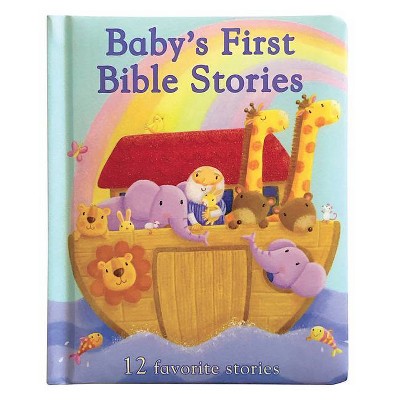
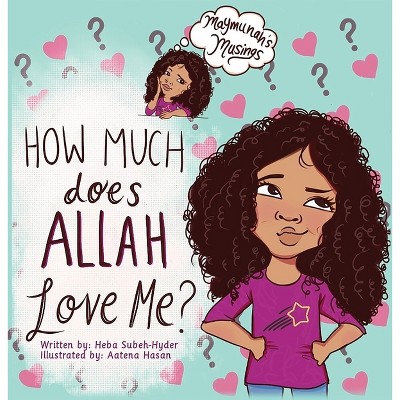

Trending Non-Fiction






